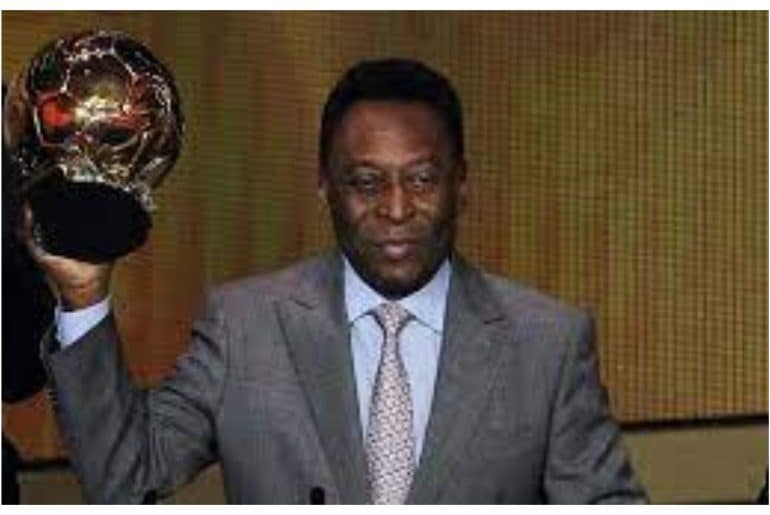In 1967, Nigeria was embroiled in a brutal civil war between the federal government and the state of the Republic of Biafra, which was located along the country’s southeastern coast. The Igbo people of Biafra felt that the Northern-dominated federal government no longer represented their aspirations, so they attempted to secede.
Following this, three years of ethnic and cultural violence and famine erupted across Nigeria. Finding common ground as a means of ending such atrocities in a country of more than 60 million people made up of over 300 different ethnic and cultural groups was no easy task. That is until Pele arrived in town.
The Brazilian was the face of the “beautiful sport” in 1967, a phrase he is credited with coining. He’d already won two world titles for Brazil and was on his way to a third.
As a result of his global popularity, Santos decided to embark on a world tour, capitalizing on the fact that no football fan in the world would turn down the chance to see him play. Their tour had arrived in Africa in January 1967, with games scheduled in The Congo, Mozambique, Ghana, Algeria, and Nigeria.
Did Pelé stop a war?
That was in 1982, years after Pele was named the “best footballer in history,” and roughly 15 years after his appearance in Nigeria with his club team, Santos, silenced Nigeria’s battlefields for 48 hours. Thus, Pele indeed stops the war for two days.

